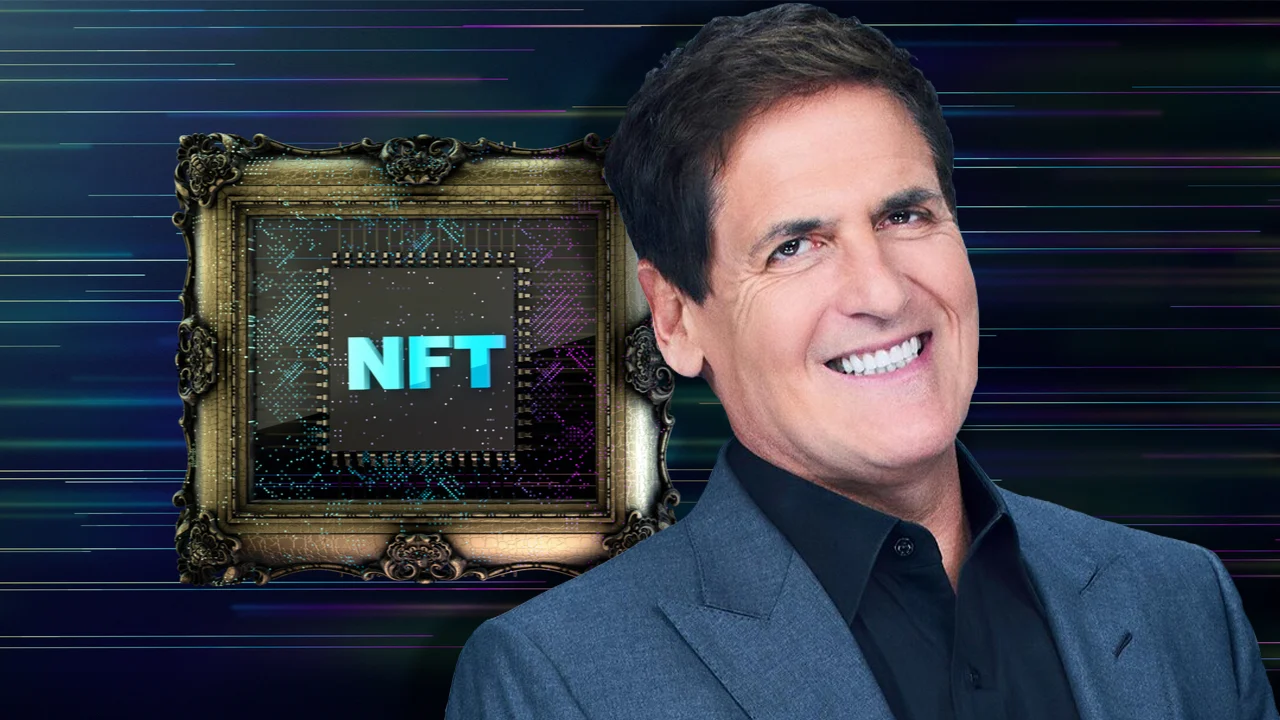Celebrities clamored for shilling NFTs: Nifty Newsletter, 10-16 August

In this week’s newsletter, you can read about how Justin Bieber, along with other celebrities, were called out for revealing their connections to nonfungible token (NFT) firms. Check out the market performance of blue chip NFTs and how NFT gaming has an advantage over traditional gaming business models. In other news, learn about how OpenSea is implementing new ways to combat NFT theft. And check out how experts feel about carbon offset NFTs that aim to help the environment.
Justin Bieber, Paris Hilton among 19 celebrities clamoring for shilling NFTs
Consumer watchdog Truth in Advertising called out 19 celebrities, including Justin Bieber, Paris Hilton and Tom Brady, over NFT promotion on their social media platforms. According to the watchdog, the site is full of deception and urged the celebrities to reveal connections with NFT companies.
In an earlier post, the watchdog highlighted that celebrities can break rules on endorsements and the requirements for influencers. Citing the Federal Trade Commission, the group noted that influencers must disclose their connections to brands that they advertise.
Continue reading…
Blue chip NFT performance fails to recover, but investors struggle even harder
The performance of NFTs classified as the blue chips of NFTs hit another all-time low range, according to data compiled by statistics platform NFTGo. The drop is attributed to the falling prices of projects such as CyberKongz and CyberKongzBabies.
According to the site’s Blue Chip Index, June 13 marked the worst performance in the history of blue-chip NFTs, with the index falling to 9,331 Ether (ETH). This follows the best performing day, which was April 29, when the index reached almost 14,900 ETH.
Continue reading…
NFT games have advantage over ‘money in, no money out’ games: Polygon’s Urvit Goel
Urvit Goel, an executive from Polygon, told Cointelegraph in an interview that NFT games have an advantage over games where players can only deposit their money and never get anything back.
The executive claimed that GameFi has a business model advantage over traditional games, where users cannot sell their in-game items for money. “We just want to give users the ability to own the content they buy,” he said.
Continue reading…
OpenSea introduces new stolen item policy to combat NFT theft
NFT marketplace OpenSea has expanded the use of police reports to verify reports of stolen items within its platform. According to the firm, this is a way to improve the platform’s defenses against theft and false reports.
In addition to this, the platform makes it easier to reactivate the purchase and sale of recovered NFTs. The NFT platform also said its team is working to implement other solutions that combat NFT theft. This includes automating theft detection.
Continue reading…
Carbon credit NFTs are only effective if burned, experts say
While carbon credit NFTs are marketed as a way to use the technology to help the environment, one expert argued that it is only effective when the NFTs are burned and no longer traded once the certificate is obtained.
A core member from KlimaDAO told Cointelegraph in an interview that when it comes to carbon offsets, it is very important not to overlook the burning of carbon offset NFT to permanently take the NFT out of circulation so that it can no longer be sold to anyone else.
Continue reading…
Thank you for reading this summary of the week’s most notable developments in the NFT space. Check back next Wednesday for more reports and insights into this area of active development.
























